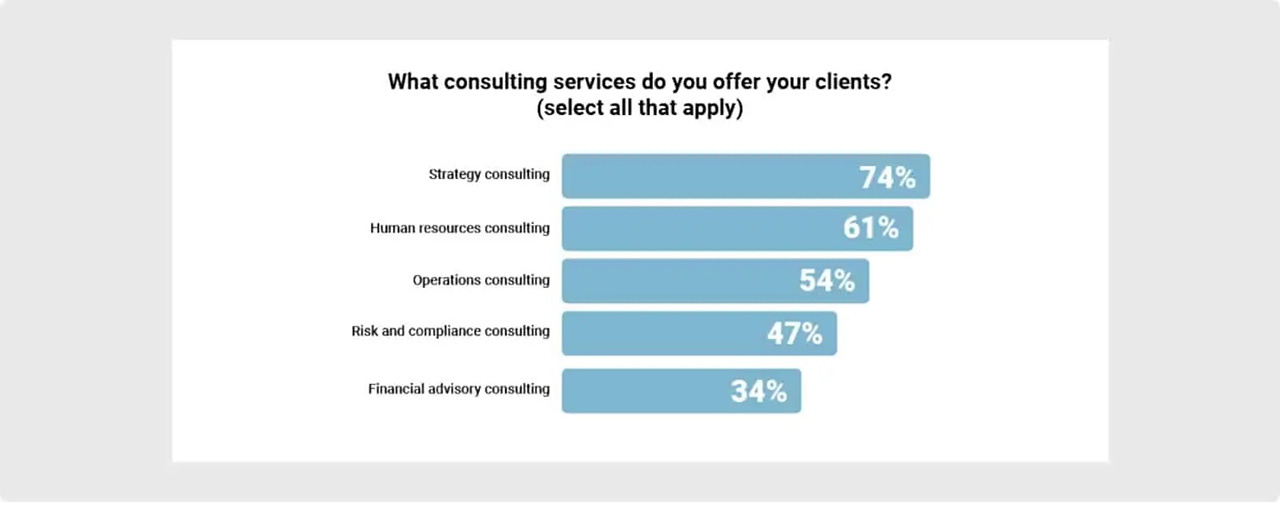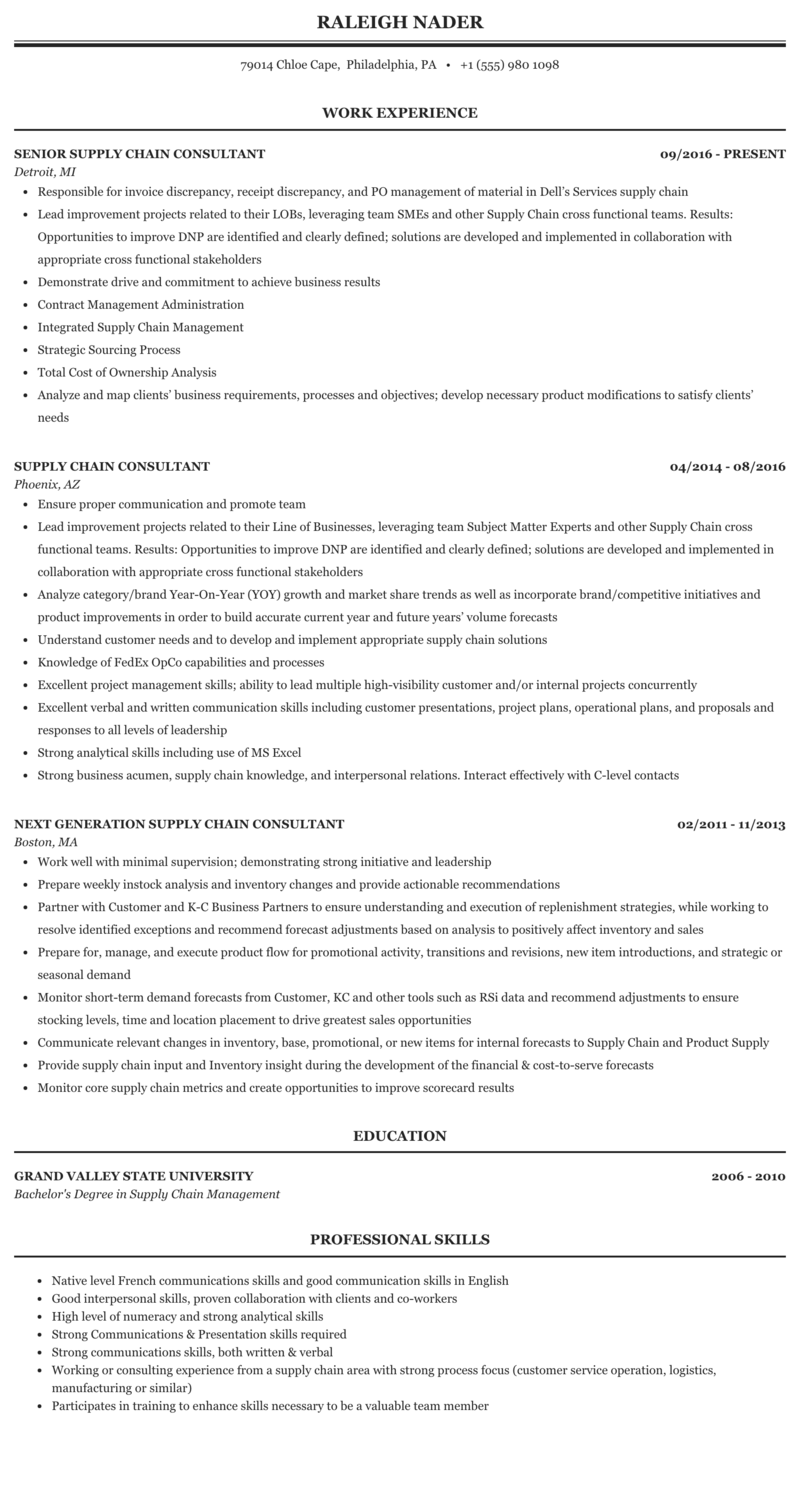
Are you looking for work as an environmental consultant? You will learn about the various types of environmental consultant positions and their cost. Also, what you should do to be one. This article will help you locate an environmental consultancy firm in Denver.
Job description
As an environment consultant, you will help companies comply with regulations, analyze sample, make models, and project. You will work alongside a range of technical experts and implement the most recent engineering technologies. You'll also work under the direction of project managers. You'll also need to communicate with clients and subcontractors during field activities. You will need to be committed to safety, in addition to technical knowledge.
This job's pay scale can vary widely depending on education and experience. See the Professional Salary Report to find out more. An environmental consultant typically earns $63,354 to $83,552 annually.

Salary
Denver is a more expensive place to work as an Environmental Consultant than elsewhere in Colorado. However, the cost of living in these areas may be a deciding factor when choosing a location. The average Colorado salary for the job of Environmental Consultant is $53,560.
The Salary for an Environmental Consultant in Denver may vary depending on the type of firm you work for. Some mid-sized private firms offer competitive salaries as well as benefits for employees.
Different types of consultants for the environment
Several different job titles exist for Environmental Consultants in Denver. Aside from consulting on environmental issues, these professionals also create models, projections, and analyze samples. They are also capable of managing projects in the manufacturing or chemical industry. The salary of an Environmental Consultant can vary, depending on experience and employer.
This role requires a master's in environmental science or another related field, as well as two to five years work experience. A good communicator, good organizational skills, and a sense of humor are also key requirements. You must also be able to work efficiently and quickly. They should also have strong technical writing and attention to detail skills.

Denver location of an environmental consulting firm
There are many ways to hire an environmental consultant if you reside in Denver and the surrounding areas. Numerous environmental firms can handle large or small projects and will also provide an environmental assessment. Many of these companies offer asbestos surveys as well as other types of testing. You can also get help from environmental consultants in the area of litigation. Some of the top Denver environmental consulting firms offer these services. Continue reading to learn more about Denver's top environmental consulting firms.
Element Building Sciences is one Denver environmental consultancy firm that provides full service. They are experts in mold and asbestos remediation. They offer indoor air quality testing, laboratory analysis, and laboratory analysis. You can rely on their services in schools, hotels, and other residential settings.
FAQ
How did modern consulting come to be?
The first consultants were actually accountants who would help companies manage their finances. Their skills in managing financial information led to them being called "accounting consultant". This role quickly expanded to include human resource management.
The term "consultant" came from the French word for "to advise." It was used by businessmen to describe someone who could offer advice on how to run an organization. In fact, most business owners today still use the word consultant when referring to any kind of professional advisor.
What skills will I need to be a consultant?
Consultants should be able to communicate effectively and have excellent analytical skills. This is important because you are working on projects where you may not know exactly what you are doing. It is important to learn how to quickly solve problems and manage people.
A strong communication skill is also necessary. Most clients expect to hear back within 24 hours. If they don't hear anything, it is likely that they aren't interested in you. It is crucial that you keep them up to date and make sure they know what's happening.
Which industries use consultants?
There are many different types of consultants. Some are specialists in one type or another of business.
Some consultants are limited to working for private corporations, while others can represent large corporations.
Some consultants can also help businesses all around the globe.
What happens after the consultant has finished the job?
After the consultant finishes the work, s/he will send a final report outlining the results. This report includes the deliverables and project timelines.
You will then review the report to determine if the consultant fulfilled your expectations. You can request modifications or terminate your contract if the report is not satisfactory.
Do I need a degree to be a consultant?
Studying a subject deeply and then applying your knowledge is the best way for you to become an expert.
You can learn all you need to know to become a great consulting professional by starting to study now.
Employers may be reluctant to hire people with a degree, but not the relevant experience. You could still apply if you are able to show that you have the same subject knowledge as the people who were hired.
Employers will always search for candidates with real-world experience.
What is the difference of a consultant versus an advisor?
An advisor is someone who provides information about a subject. A consultant is able to provide solutions.
Consultants work directly with clients to help them reach their goals. Clients are referred to advisors through books, magazines and lectures.
Statistics
- Over 62% of consultants were dissatisfied with their former jobs before starting their consulting business. (consultingsuccess.com)
- Over 50% of consultants get their first consulting client through a referral from their network. (consultingsuccess.com)
- WHY choose me: Why your ideal client should choose you (ex: 10 years of experience and 6-week program has helped over 20 clients boost their sales by an average of 33% in 6 months). (consultingsuccess.com)
- 67% of consultants start their consulting businesses after quitting their jobs, while 33% start while they're still at their jobs. (consultingsuccess.com)
- According to statistics from the ONS, the UK has around 300,000 consultants, of which around 63,000 professionals work as management consultants. (consultancy.uk)
External Links
How To
How to Start a Consultancy Company and What Should I Do First
It's a great way for you to make money online by starting a consulting company. No prior business experience is required. To start your own consulting business, you can build a site. After you have built a website, social media platforms such Instagram, Pinterest and LinkedIn will be useful to spread the word about your services.
You can create a marketing strategy that includes these things with these tools
-
Creating content (blogs)
-
Establishing connections (contacts)
-
Generating leads (lead generation forms).
-
Selling products (eCommerce websites)
Once your marketing strategy is developed, you need to find clients willing and able to pay for your services. Some prefer to connect with people through networking events. Others prefer to use online resources like Craigslist and Kijiji. Your choice is yours.
After you have found new clients, it's important to discuss terms and payment options. This could include flat fee contracts, hourly fees or retainer agreements. You need to be clear about what you expect of a client before they accept you as a client.
An hourly contract is the most popular type of contract for consulting services. This agreement allows you to agree to provide services at a fixed price each week or month. You may be able negotiate discounts depending on what service you offer. When you sign a contract, make sure you fully understand it.
Next, create invoices for your clients and send them. Invoicing can be a complicated task until you actually attempt it. There are many different ways to invoice your clients, depending on your preferences. Some people prefer to email their invoices directly, while others prefer to mail them hard copies. No matter what method you use, ensure it works for your business!
After you've created your invoices, you can collect payments. PayPal is preferred by most people because it is simple to use and offers many payment options. Other payment processors, like Square Cash or Google Wallet, Square Cash or Apple Pay, Venmo and Venmo are also available.
Once you're ready for collecting payments you'll need to set up bank account. You can track income and expenses separately by having separate savings and checking accounts. You can also set up automatic bank transfers to pay bills.
It can seem daunting to start a consulting business. But once you understand how it works, it becomes second nature. This blog post will provide more information about starting your own consultancy business.
It's a great way for extra income without having to worry about hiring employees. Consultants can work remotely so they don't have the hassle of dealing with office politics and long working hours. Remote employees have more flexibility because they are not bound by regular work hours.